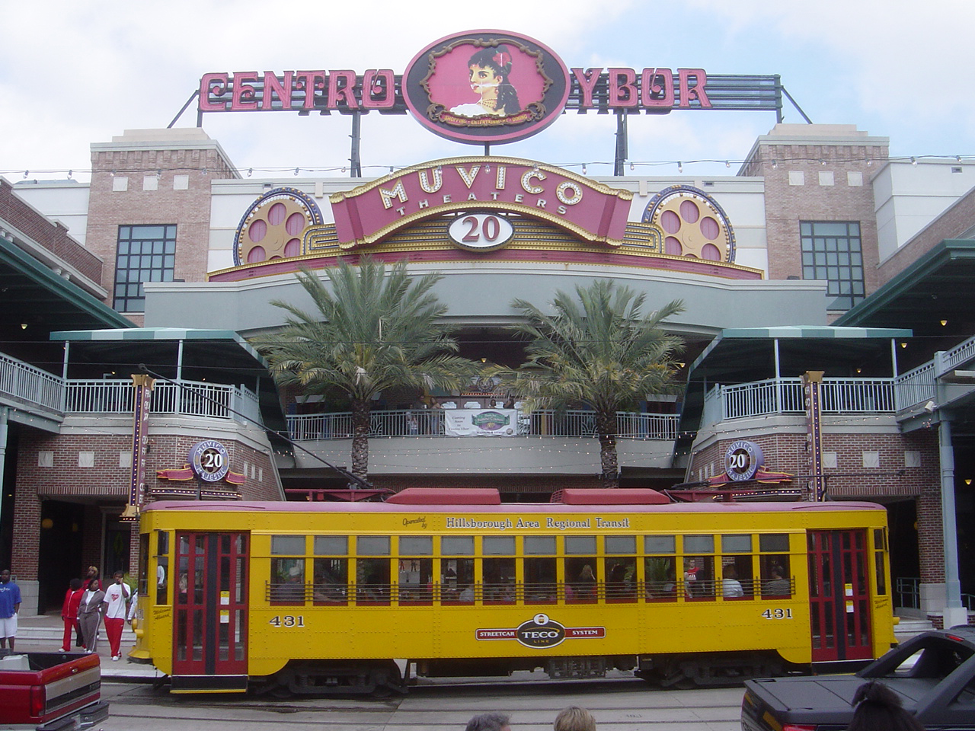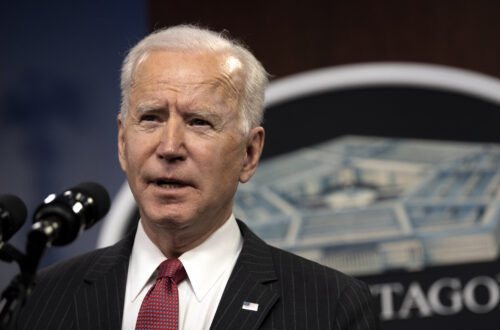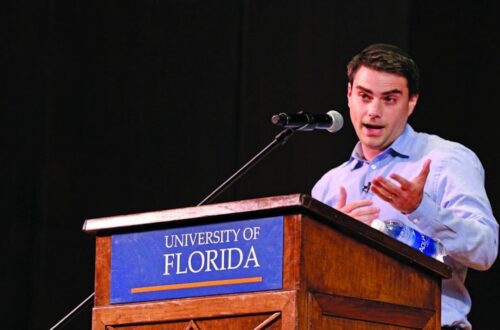Hop on a historic street car to commute to work or board a rapid transit bus adorned with a smiling sun to arrive on the shores of the number one beach in the nation. These are just a couple examples of the future of Tampa’s transportation — a future that could be disrupted.
In Senate Bill 1130, Sen. Jeff Brandes, R-Pinellas, proposes to dissolve the Tampa Bay Area Regional Transit Authority. The bill calls to dissolve the group and its authority, to close its activities and affairs, and to distribute the authority’s assets.
Ultimately, dissolving TBARTA would dismantle the regional coordination projects currently in progress, stalling future intraregional transportation improvements.
If the bill passes, TBARTA would distribute its assets to local governments in the region: Citrus, Hernando, Hillsborough, Manatee, Pasco, Pinellas and Sarasota counties.
After referral to the Committee on Transportation; the Appropriations Subcommittee on Transportation, Tourism, and Economic Development; and the Committee on Appropriation, SB 1130 was introduced to the Senate on March 2.
The Florida Legislature created TBARTA in 2007 in order to craft a master plan of transportation in this seven-county region of West Florida. Originally, it was named the Tampa Bay Area Regional Transportation Authority, but the Legislature changed the transportation part of the name to transit, so the organization could serve as a planning agency — thus expanding its purpose.
Since the name change, lawmakers continue to ask for funding each year. Critics of this group, including Brandes, view it as a redundant effort that could be handled by the individual counties; meanwhile, TBARTA supporters argue that it can establish a transit system that fosters regionalism. If the group is dissolved and the assets of the organization are distributed to the respective counties, those counties might focus solely on the transit issues within their borders, abandoning regional goals.
Out of the nation’s 30 largest metro areas, Tampa Bay ranks 29th in four of the six categories the federal government uses to evaluate the efficiency of transportation. TBARTA’s plans focus on increasing connectivity among the seven counties.
In August 2020, public transit supporters began construction on the SunRunner, Tampa Bay’s first bus rapid transit line. The 10.3-mile route is scheduled to begin its run in early 2022, connecting downtown St. Petersburg with the beaches.
In addition to the SunRunner, a 41-mile transit line that has been worked on for the last four years hopes to serve passengers within the next 10 years.
The regional bus rapid transit line will connect Downtown St. Petersburg, the Gateway area, Westshore, Downtown Tampa, the USF area and Wesley Chapel.
This plan might not be completed for another decade, in which TBARTA could be dissolved. The future of connecting Pinellas, Hillsborough and Pasco becomes unclear without TBARTA in the picture.
Brandes’s new bill is not the only legislation pursuing a change in TBARTA. Sen. Darryl Rouson, D-Hillsborough, and Rep. Amber Mariano, R-Pasco, proposed SB 422 and HB 389, which allow a mayor to send a representative to the governing board who has the ability to act as a voting member.
Currently, mayors who serve on the transit group must be present to vote. Rouson’s and Mariano’s bills aim to increase the flexibility of this law.
However, if SB 1130 passes, the aforementioned legislation will be rendered useless as TBARTA will be history along with its futuristic hope to improve Tampa Bay’s low ranking in public transit.
Featured image: Tampa Historic Streetcar in Ybor City. Unmodified photo by Bobak Ha’Eri used under a Creative Commons license (https://bit.ly/3k8XW7J)
Check out other recent articles from the Florida Political Review here.





